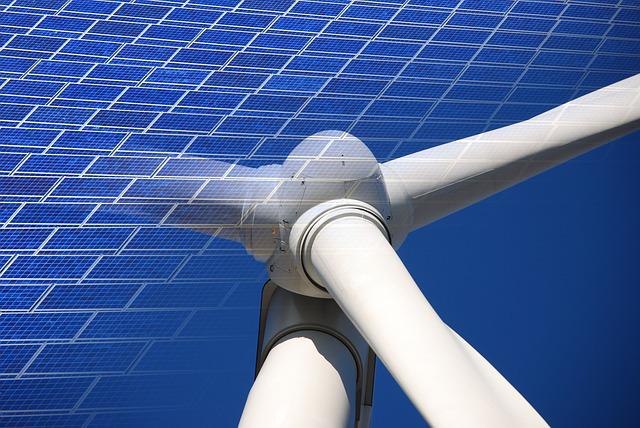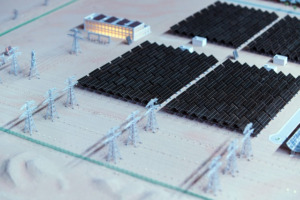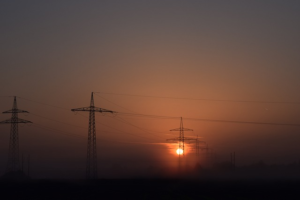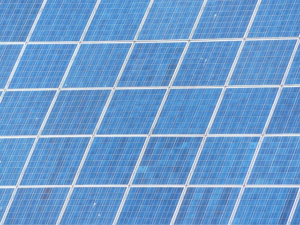
*Buhari: Initiatives would help develop local capacity through technology transfer
Deji Elumoye in Abuja
Nigeria has secured a $1.5 billion loan from the US-EXIM Bank to boost solar power infrastructure in 10 different locations in the country. Chief Executive Officer (CEO) of SUN Africa LLC, USA, Adam Cortese, disclosed this yesterday while speaking with newsmen after a meeting of a delegation of the company with President Muhammadu Buhari at the State House, Abuja.
Cortese explained that the loan was a government-to-government facility on a concessional rate of over 20 years.
According to him, the Niger Delta Power Holding Company (NDPHC) will own the assets, which he said would not only generate low cost electricity but also enable the company to pay back the loan.
Cortese stated, “Once again, this is government-to-government financing. It’s built upon the success that we’ve had in Angola recently, where we’ve delivered roughly $2.6 billion of solar PV storage and transmission capacity.
“I think the important point to note here is, yes, it’s a government-to-government loan, from the US-EXIM Bank to the government of Nigeria, but it’s being done on a concessional rate; over 20-year tenure, which is extremely attractive.
“What’s unique about this model is that NDPHC is going to own its own assets. So, it’s going to own its own generation base and our project will deliver a low levelised cost of electricity, which will not only allow them to pay back the loan from EXIM Bank, but generate a profit on top of it.”
Speaking while receiving the delegation, Buhari declared that the rapid integration of solar power into the country’s energy mix would lead to an increase in electricity access to underserved and unserved communities.
He said his administration had embarked on several reforms aimed at revitalising Nigeria’s energy sector and improving energy access to communities across the country.
The president commended the interest of the US developer to invest in Nigeria’s power sector, pledging that the federal government would remain committed to collaborating with the private sector in improving energy access, creating jobs, and industrial development.
Highlighting some of the reforms embarked upon by his administration to address Nigeria’s energy need, the president listed the signing of the Nigeria Climate Change Bill in November 2021, implementation of the Power Sector Recovery Programme with the World Bank, and the Nigeria Electrification Programme aimed at enhancing energy access to remote communities.
He added that the Presidential Power Initiative with Siemens was aimed at achieving end-to-end alignment across the electricity value chain.
According to the president, “Initiatives like these will go a long way in developing local capacity through technology transfer and relieving transmission constraints through the generation and distribution of electricity in the local Distribution Companies Franchise Area, making off-take easier.
‘‘The Ministers of Finance and …….






